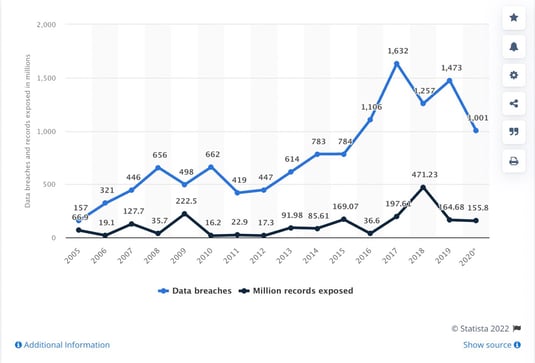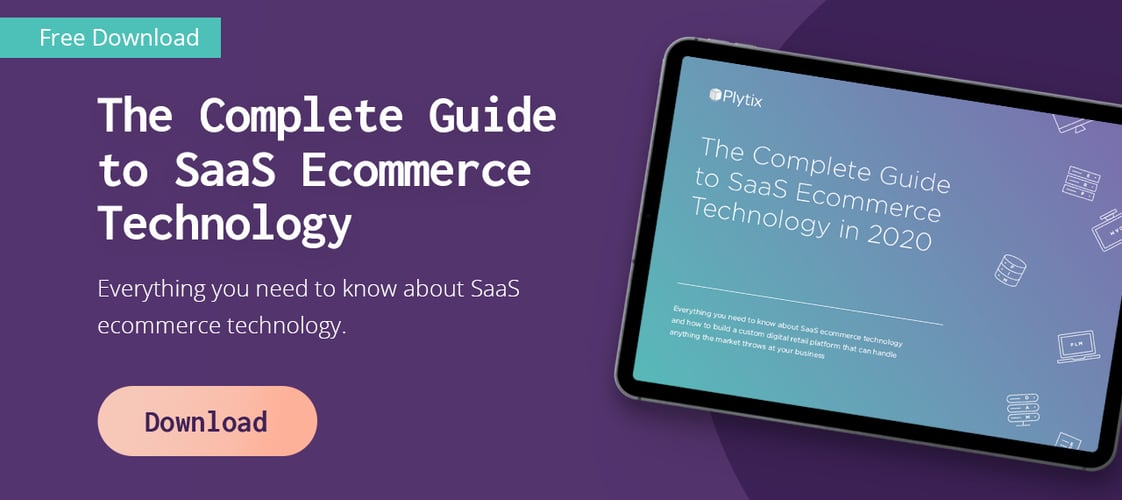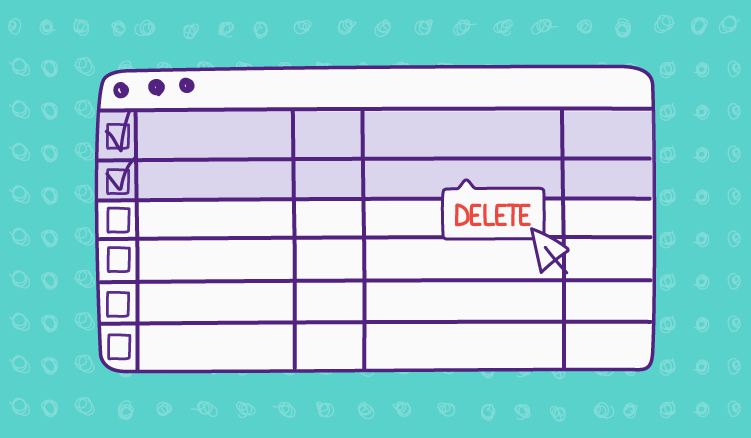In ecommerce, data is everything. We know that accurate data flows can help businesses measure their performance, make informed decisions, improve processes, understand their customers better, and so forth. But this begs the question: why is data governance only seen as something done by big businesses?
Data is the world's most vulnerable resource, and regardless of your size, it’s something to take seriously. Here’s why SMBs need a data governance strategy:
1. You accumulate just as much data
Let’s get one thing clear, SMBs manage a lot of data.
From product information such as product taxonomy to unique customer interactions, inventory data from suppliers, shipping and private details, financial information, and much more. All this plays a role in the success of your business, just as it would for a big business. So, it makes sense to have policies in place to ensure it’s managed, gathered, stored, processed, and disposed of efficiently.
An IDC report reported that it is estimated that the digital universe of data will grow from 61% to 175 zettabytes by 2025. This is because ecommerce, which represents a large chunk of this digital universe, spends time accumulating customer data such as; social media activity, geolocation services, web browser histories, and abandoned online shopping carts. This report clearly shows that data is still growing, and the need for data governance will continue to increase.
2. You are more prone to being a target
One would think data breaches are more prone to bigger, more corporate businesses, but according to Verizon’s Data Breach Investigation Report, over half of all data breaches are targeted towards small to medium-sized businesses. And, 43% of small businesses experience at least one cyber attack in a year.
These attacks can be damaging and have resulted in:
- A quarter of companies who had a data breach filed for bankruptcy
- 10% of businesses had to close down
- Small businesses have to spend an average of $690,00 on cleanup costs, while medium-sized companies may spend over $1 million
Cyberattacks are more likely to happen to smaller businesses as hackers know that most SMBs don’t have the finances or resources to defend themselves.
When you don’t know what type of data you have, how valuable it is, where it is, and who has access to it, you won’t be able to determine how best to protect it.
3. You need to always have a competitive advantage
As a small business, you have to work 10 times harder than bigger ecommerce giants. Brand diversity, or product diversification, isn’t fair play when you’re up against giants that have the budget to spend on search engine marketing (SEM) to ensure their products rank higher than yours. But, what you have in common with ecommerce giants is data. Efficient data analysis can help SMBs identify how to please their existing customers, attract new customers, identify trends and improve operations, which ultimately gives you a competitive advantage. If data analysis isn't your strong suit, taking an introduction to R course might help you pick up the skills needed to give you the necessary competitive advantage.
In fact, according to a popular McKinsey survey, companies that are data-driven are 23 times more likely to get more customers and 19 times more likely to become more profitable. You need to capitalize on your data setup to get ahead.
4. You don’t need silos across different departments
Too many cooks spoil the broth, and the same can be said with data.
When data is managed by a number of different teams and people in different places, it will create silos which makes it difficult for team members to collaborate, update, or ensure data quality as it’s scattered everywhere. Silos affect so many businesses that it’s been estimated that 54% of companies say their customer service operations are siloed, and only one-fourth of senior executives report that their teams can effectively share knowledge across the organization. This not only affects how well teams work but also the customer experience you deliver.
Data governance can reduce silos as all information will continuously be organized, assigned to someone, and tracked to ensure changes are made. Product information tools can be an effective tool to incorporate as it helps you manage all data in one place, allowing siloed data to be a thing of the past.
5. You need to comply with the law
Privacy laws are always changing to ensure no misuse of data.
According to Statista, “In 2020, the number of data breaches in the United States came in at a total of 1001 cases. Meanwhile, over the course of the same year, over 155.8 million individuals were affected by data exposures—that is, an accidental revelation of sensitive information due to less-than-adequate information security.”

Privacy is also changing everything in ecommerce.
Customers now are learning about how valuable their personal data is and it has made privacy requests more prevalent. An article written by Forbes, states that while this is great for customers, it can be overwhelming for businesses.
It’s, therefore, important that businesses are transparent and always respond in a timely manner to any privacy requests made by customers as this shows that they care about them and their privacy and will create trust. But, how can you ensure this? Through data governance principles. This way, you are complying with several rules for processing personal data in the countries you sell in.
Plytix PIM can help improve data efficiency
One of the benefits of product information management software is that it allows you to store, manage, and update all your data in one place, with no scattered information across multiple places. What makes Plytix a great PIM for small businesses is that you get so much more than just a place to store your data. It's a collaborative tool to help your teams ensure clean, high-quality, and rich data.
Additionally, our PIM stores all client data in Amazon’s Simple Cloud Storage Service (S3). This is the cloud service with the tightest security, so you can have peace of mind knowing your customers' data is safe.
Read our white paper on The Complete Guide to SaaS Ecommerce Technology to learn about the benefits of a PIM for ecommerce. Or dive right in and sign up!





